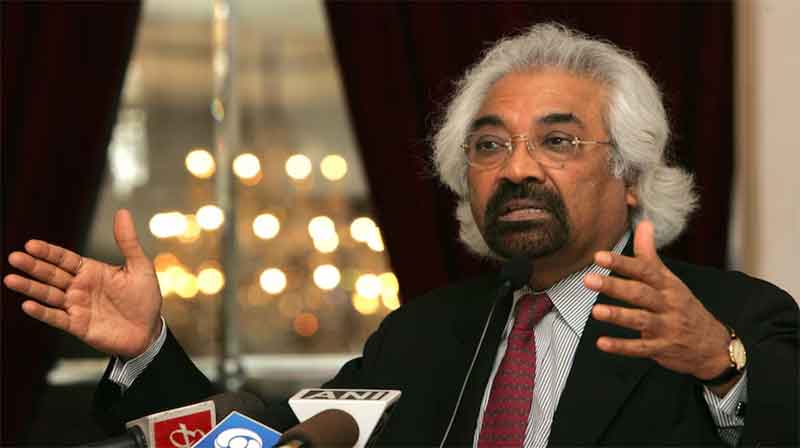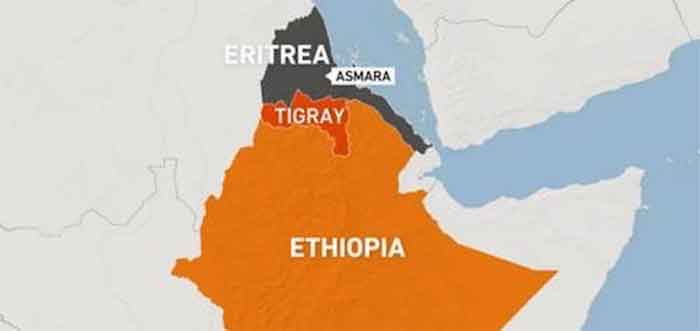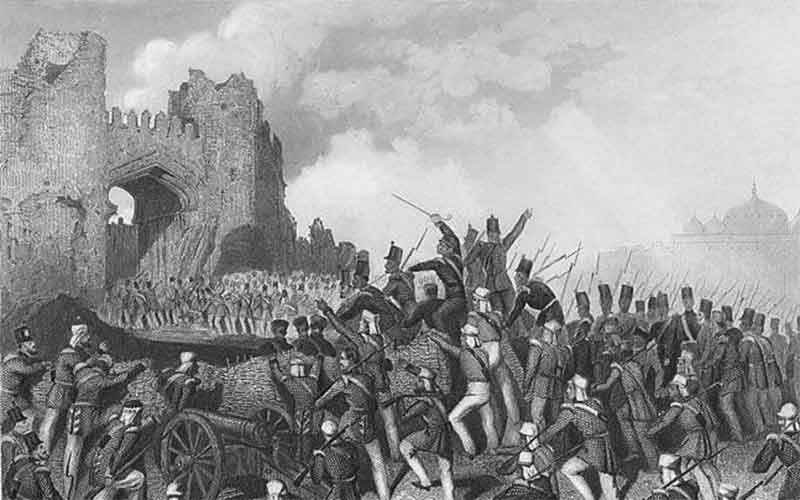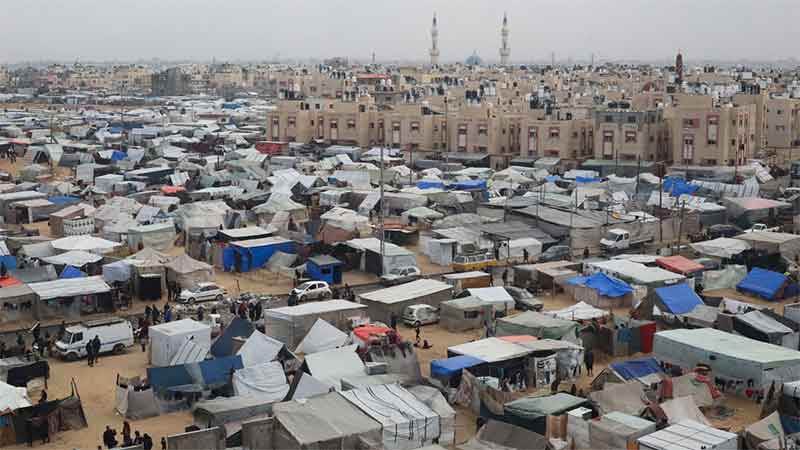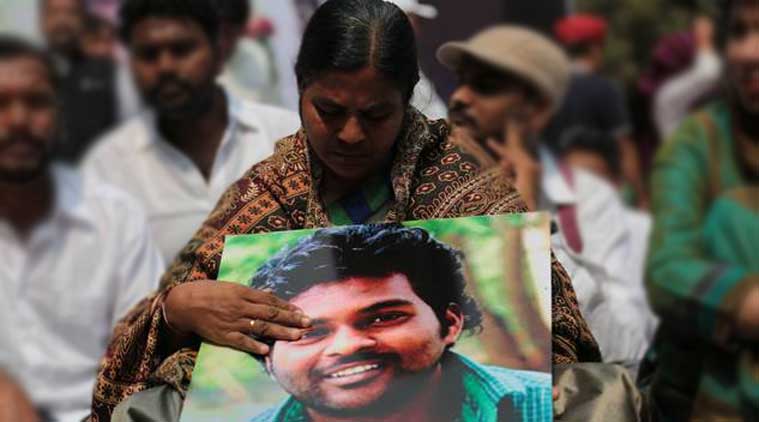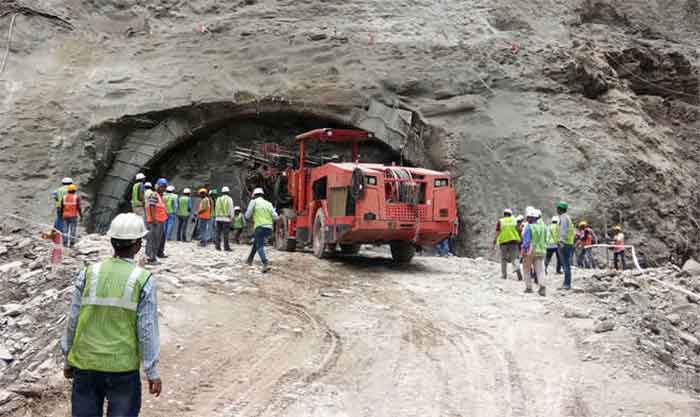
A protest was organized recently on 10 June by highway construction workers in Rampur Ke Nirath area of Himachal Pradesh. The reason—most of the workers had not been paid their wages for almost four months by the contractor.
While this was their main grievance the CPM leaders who addressed the protest meeting also said that labor laws were being widely violated and it was difficult for workers to even establish their identity and their work period as proper records are not kept. Even earlier the wages of workers were frequently delayed. In these inflationary times one can well imagine the problems of workers who toil in difficult conditions without getting paid for months.
A few weeks earlier the problem of long delays in payment of wages of NREGA workers had also been highlighted in several parts of the state, particularly in Kangra region.
Non-payment of pending wages had emerged as a cause of widespread distress among workers during the earlier stage of COVID and sudden lockdowns, particularly migrant workers who have a significant presence in Himachal Pradesh. Institutions like the Lawrence School Sanawar which had approached them in the course of organizing relief supplies came across several workers who were on the verge of starvation.
The working conditions for many workers in this hilly state are exceptionally risky as they are often required to work in areas which are more exposed to disasters and the work itself involves increases these threats. This is true for several workers employed in construction of highways, tunnels and dams. Many workers employed in clearing landslide debris and rubble also frequently toil in high-risk situations. Particularly in the clearing work on highways, they are under a lot of pressure to complete the work very quickly and this increases the risk.
On the other hand in the rapidly expanding industrial areas in the lower parts of the state, several new hazardous industrial units have mushroomed, as was very painfully realized at the time of a serious accident in a firecrackers unit earlier this year in Una disrtict when more than 10 women migrant workers were burnt to death.
In the case of some hazardous and polluting units, several movements of local villagers have emerged as they are probably in a better position to organize a protest compared to migrant workers.
If we examine the past accidents in which workers have perished, then apart from worksite accidents several workers have also perished in road accidents. The reason is that travel can be quite risky in the more remote parts. Tourists and trekkers have access to good facilities but workers have to travel often in ramshackle vehicles.
Migrant workers come from distant plains areas like Bihar and Bengal as well as from other hilly areas like Kashmir and Nepal. In the case of migrant workers from plains, particularly those who are new to hills, an additional risk relates to unfamiliarity with high hill conditions, whether in terms of work-place or travel.
Hence instead of leaving workers to their own fate, more active efforts for safety must be pursued by the government as well as private sector employers. Unfortunately, this is often neglected. The system of work particularly in many construction projects is not very conducive to such care for workers.
In the case of the recent protest in Rampur area, for example, the organizers blamed both the big construction company which had the main contract as well as the sub-contractor to whom this big company had given the work. It is a common practice for the big players to sub-contract work, so that it is often not very clear who is responsible for various essential obligations towards workers.
In the case of the recent accident in Una district in which several women workers died, it was not easy to trace the owner of the illegal unit.
Hence clearly there are several problems in asserting the basic rights of workers. The government should certainly play a more active role in preventing accidents and ensuring safety as well as ensuring prompt payment of legal wages. While the government is called upon to play such an important role, it also faces the embarrassing situation of itself delaying NREGA wages on a massive scale! Hence the government should set its own house in order and also fulfill its wider responsibility to ensure justice for workers.
Bharat Dogra is Honorary Convener, Campaign to Save Earth Now. His recent books include Man over Machine, a Day in 2071 and India’s Quest for Sustainable Farming and Healthy Food.




